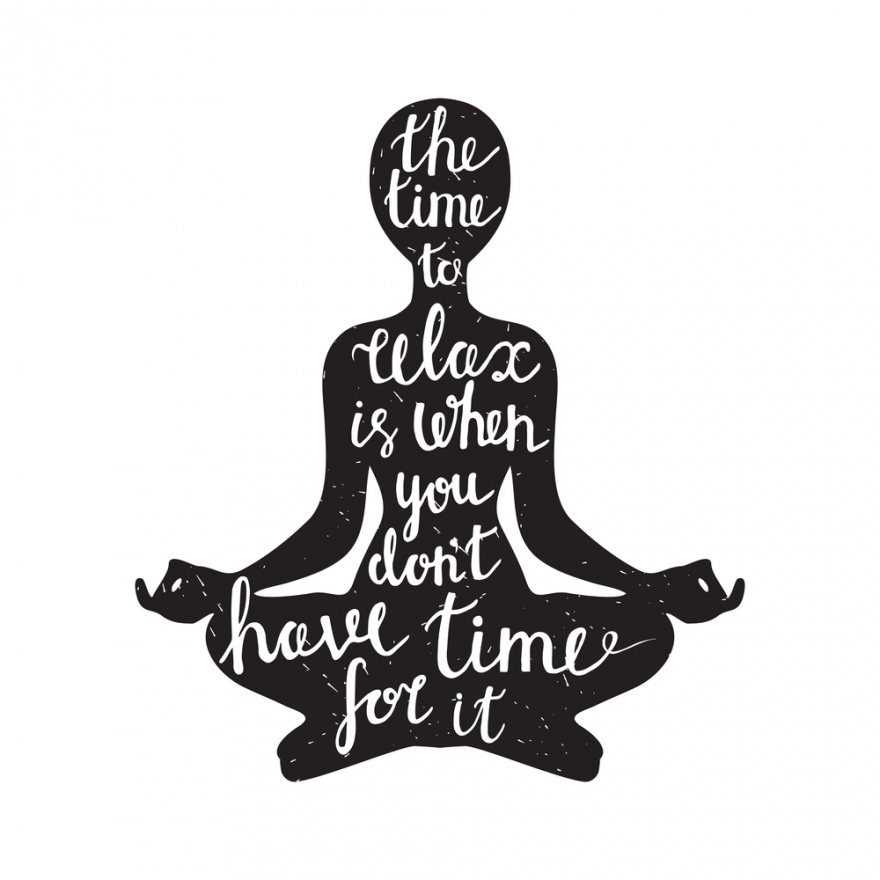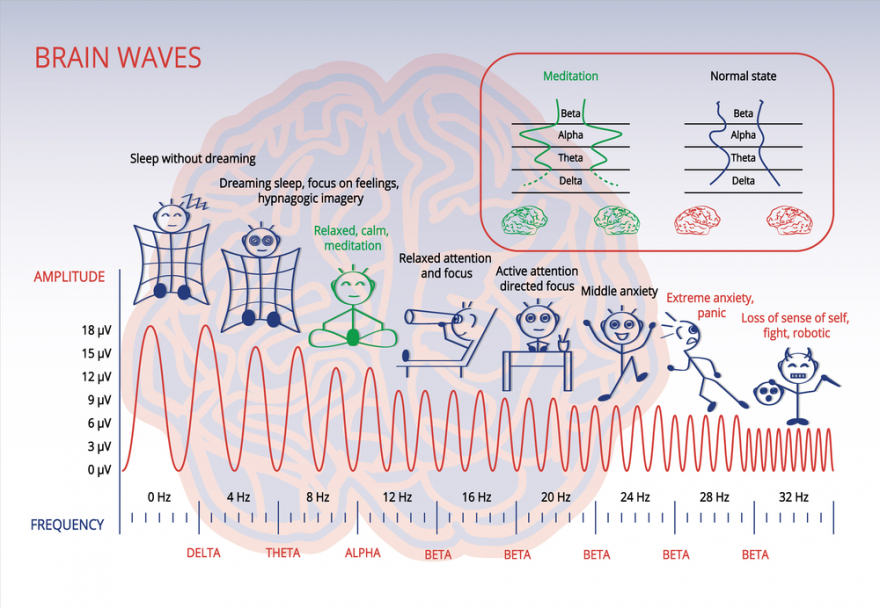|
The Benefits of Meditation During Stressful Times
Rev. Dr. Kitty Boitnott, NBCT, RScP
The world is changing right before our eyes. In many ways, we have been forced to change this year more than any other perhaps since 2001 after 9/11. We have been reminded yet again that there are things we should not take for granted.
We have certainly been reminded of how interconnected we are. And we have learned that we depend on people we don't even know to do their jobs each day so we can continue to function. Whether it is a grocery store clerk or an emergency room nurse, we have become aware of one another and our need for one another in brand new ways.
As a result of these changes and reminders, we are also experiencing a period of higher stress than normal. No one is immune. Everyone has been impacted, and as a collective body, our stress levels may well be at an all-time high.
But it's not all bad.
As a result of dealing with stress, more and more people are incorporating mindful practices and meditation into their lives. Research shows mindfulness practices and meditation practices can help with stress.
There is even a movement afoot to teach children mindfulness practices. It helps them cope better with their stress and anxiety. And it can have a positive effect on their behaviors.
More and more people are practicing meditation as well as becoming more mindful. For some people, meditation is a daily practice. For others, they may practice meditation when they feel really stressed. It helps them to slow down and relax a little.
If you don't have a meditation practice in your life, I highly recommend it.

Some people will say they can't meditate because they can't slow down their minds. But that is exactly when you should meditate. Others will say they don't have time to meditate. But you can meditate at any time, even while walking.
There are multiple benefits to meditation. I have a friend who has been practicing Transcendental Meditation for over 40 years. As a result, she has never had high blood pressure, and she is approaching her 80th birthday. She has dedicated time--sometimes twice a day or more--every day to her meditation practice, which allows her to slow down her mind and body.
Some people don't really understand what meditation is. Some think you have to be a highly evolved person or a meditation expert to practice meditation. But that is not the case.
Meditation is available for everyone.
In truth, the practice of meditation has been around for centuries. People have used it for religious purposes as well as cultural reasons.
There are as many forms of meditation as there are practices.
The art and practice of meditation basically have one goal in mind, which is to slow down the mind. This is key in today’s culture. We have such busy lifestyles and even busier minds. As our stress levels are up, our blood pressure is up, and relaxation goes down.
This is where meditation can come into play in a useful way.
The art and practice of meditation are intended to allow your mind to relax, rest, and rejuvenate itself. While you allow your mind to relax, you also allow your body to relax. And you can practice the art of breathing, slowing down your mind, and coming back to your center.
What is your center?

Your center is the place where your deepest desires live and breathe. It’s the place where you can move forward and get back on track. The true history of meditation is really the practice of getting into a thought consciousness of total awareness.
It is about not letting the mind wander.
But, this is something that takes time and practice, and a certain amount of discipline. The history and background of meditation are to serve one higher purpose. That purpose is to be present in and experience each moment.
Some people might view meditation as some sort of woo-woo practice. They doubt its ability to help them. They may resist the idea of going within themselves at first. But research shows that when a person meditates, their brain waves change.
Meditation actually has the power to change your mind, or at least your mindset.
When someone meditates, their brain waves visibly slow down. With proper breathing techniques, beta waves in the brain are more easily reduced. When the beta waves calm down and slow down, there’s a sense of calm and well-being as an after effect.
Meditation affects the brain and its brain waves. Each part of the brain, according to scientific studies and research, is affected by meditation. Incoming information can be slowed down when meditating:
- Emotions are not as strong.
- Sensory input slows down.
- Over-thinking slows or ceases.
- Information overload slows down.
There are several parts of the brain which are positively impacted by meditation:
Look at the illustration below.

Imagine being able to control your brain to some degree, relax, focus, and have more clarity.
All of this can come from meditation.
This is the first in a series on meditation and its benefits. Stay tuned next week for some more information about the benefits of incorporating meditation into your daily routine.
Until next time, stay safe and well.
|